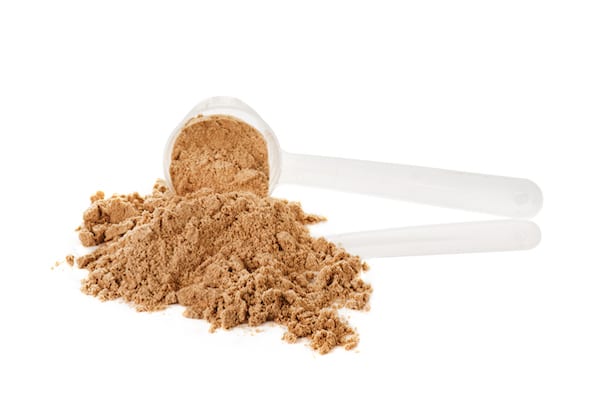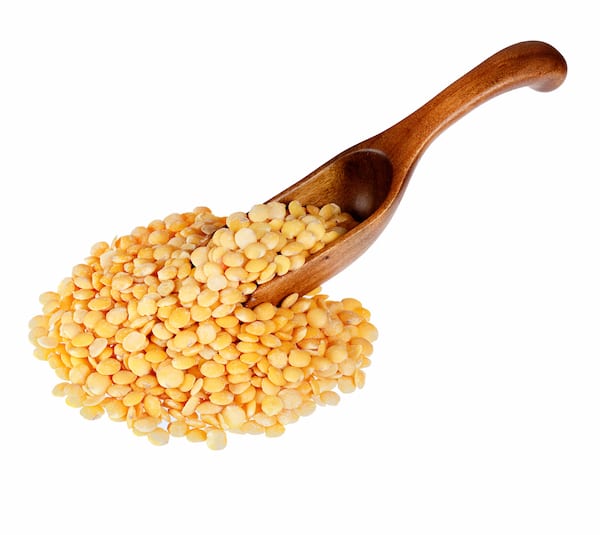
The Basics: How Are Pea and Soy Protein Powder Made?
Manufacturers extract the protein content of yellow peas or soybeans to create protein powder. The difference lies in the processing methods: dry separation or wet processing. Dry separation results in protein concentrate, while wet processing results in protein isolate. Isolate has more protein and less carbs and fat compared to concentrate.
Nutrition Comparison: Pea Protein vs Soy Protein
Here's a breakdown of the nutritional content of pea and soy protein powders:
- Calories: Pea (100g) - 360 / Soy (100g) - 388
- Protein: Pea (100g) - 60g / Soy (100g) - 56g
- Fat: Pea (100g) - 4g / Soy (100g) - 6g
- Carbs: Pea (100g) - 24g / Soy (100g) - 29g
- Fiber: Pea (100g) - 4g / Soy (100g) - 7g
The key difference is that soy is a complete protein, while pea is incomplete. However, both types have essential amino acids and can be effective for building muscle.
Building Muscle: Can Pea Protein Help?
Despite being incomplete, pea protein can still help with muscle building. Both pea and soy protein contain branched chain amino acids (BCAAs), which are essential for muscle growth. Pea protein, in particular, has a high leucine content, making it effective for muscle building.
Potential Side Effects: Pea Protein vs Soy Protein
Protein powders can affect individuals differently, but there is no scientific evidence that pea protein powder is inflammatory. Pea protein is generally easy to digest, and soy protein is also well-tolerated unless you have a soy allergy. It's worth noting that isolated soy protein may have reduced levels of isoflavones, which are beneficial for health.

Which Should You Choose?
Both pea protein and soy protein are excellent options for plant-based protein powders. Pea protein has slightly higher levels of certain amino acids and may be easier to digest for some individuals. However, unless you have a soy allergy, there's no need to avoid soy protein. Ultimately, it comes down to personal preference and tolerance.
Did you miss our previous article...
https://naturesmart.us/fitness/the-push-pull-legs-ppl-workout-routine
 HealthWellnessFitnessBeautyVideosPrivacy PolicyTerms And Conditions
HealthWellnessFitnessBeautyVideosPrivacy PolicyTerms And Conditions
